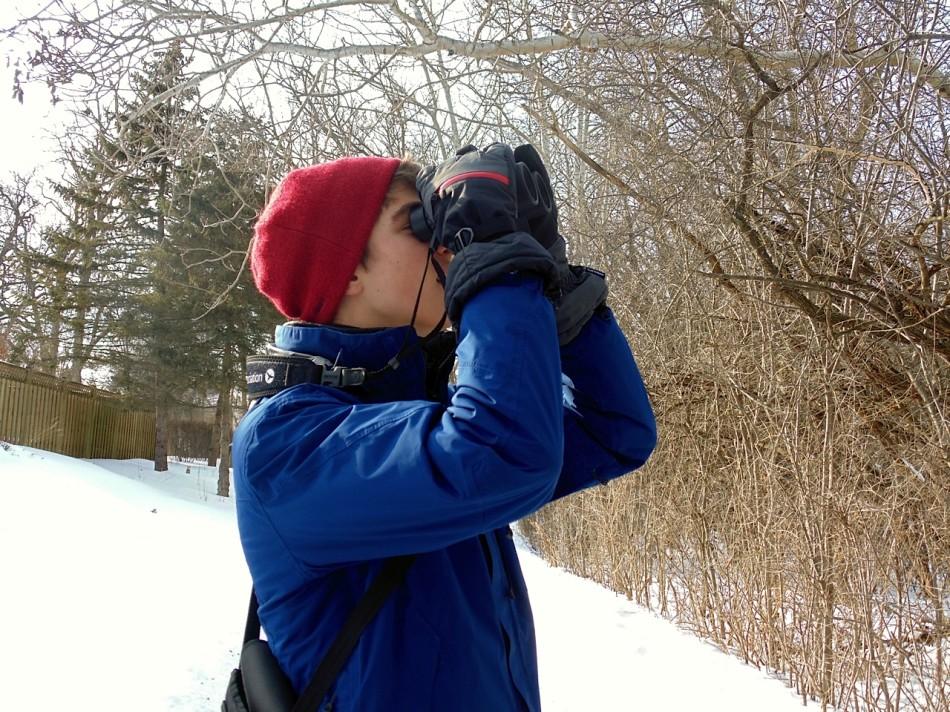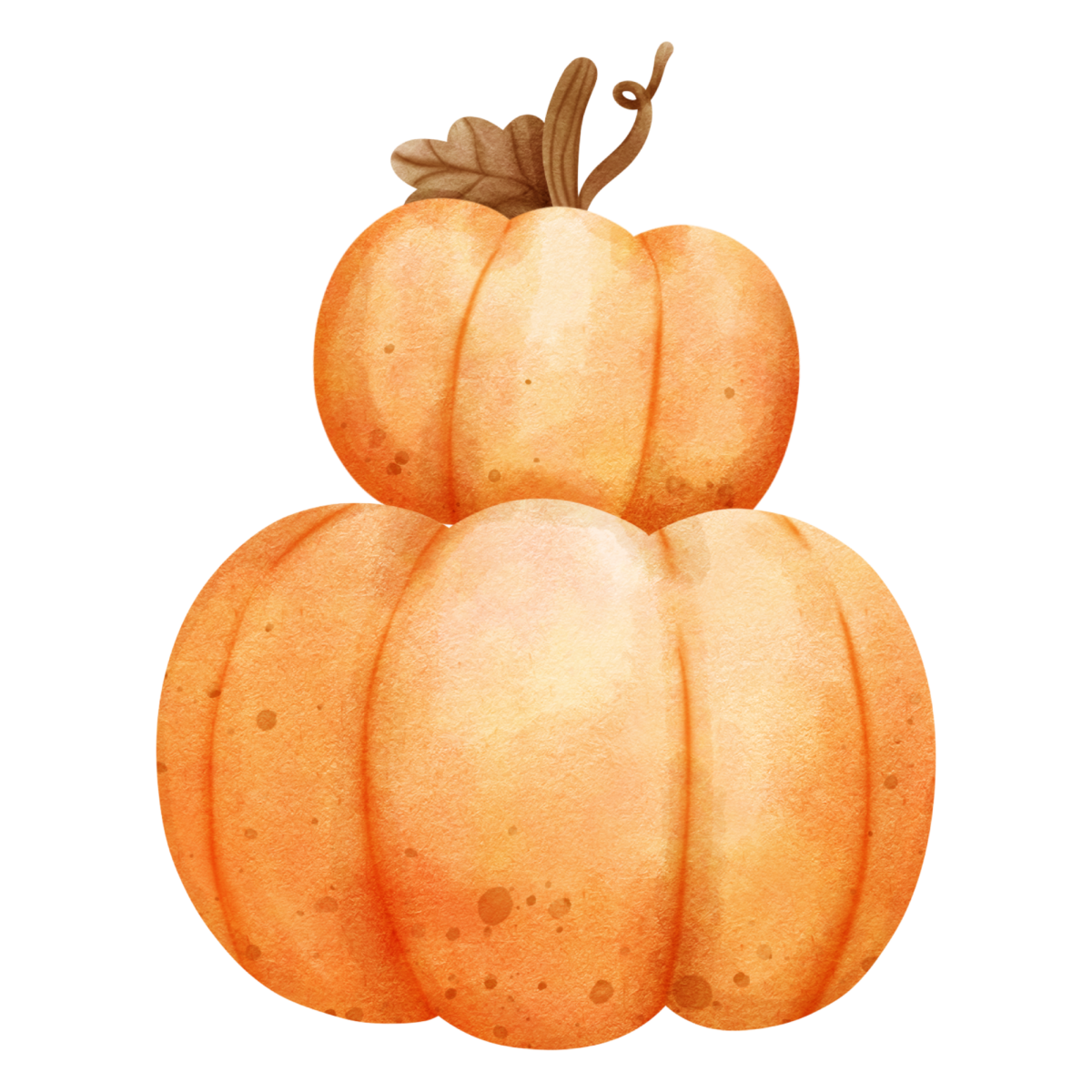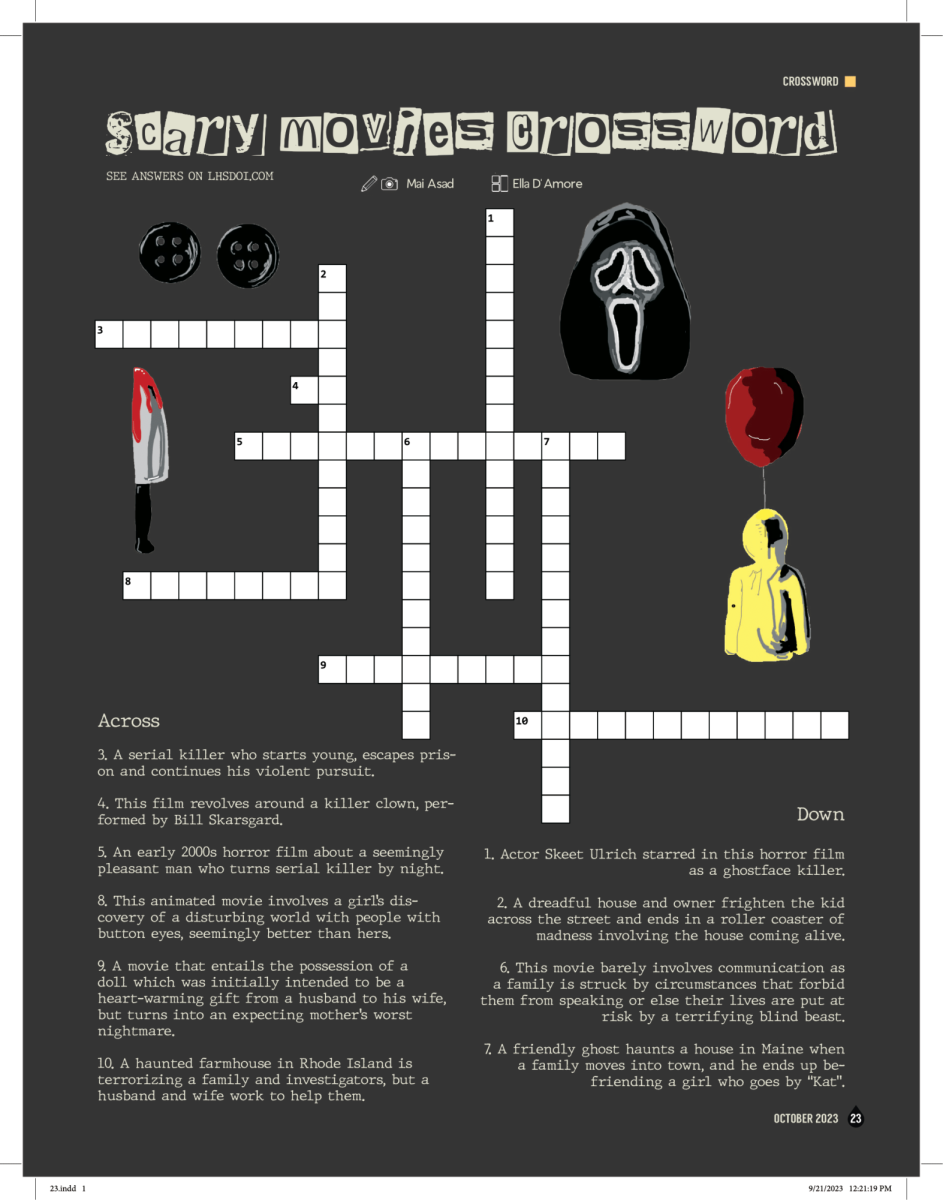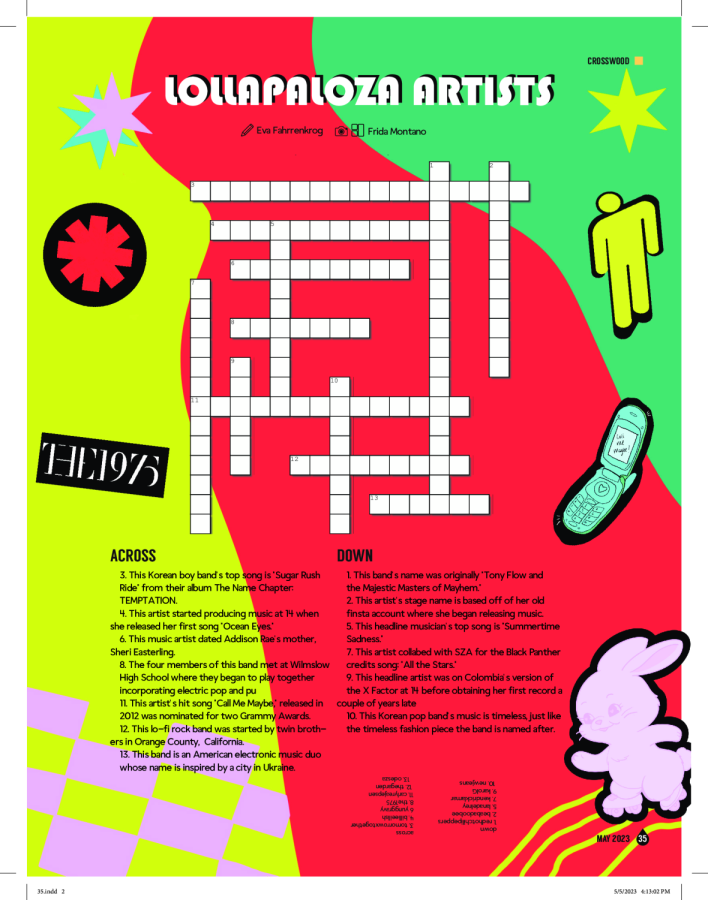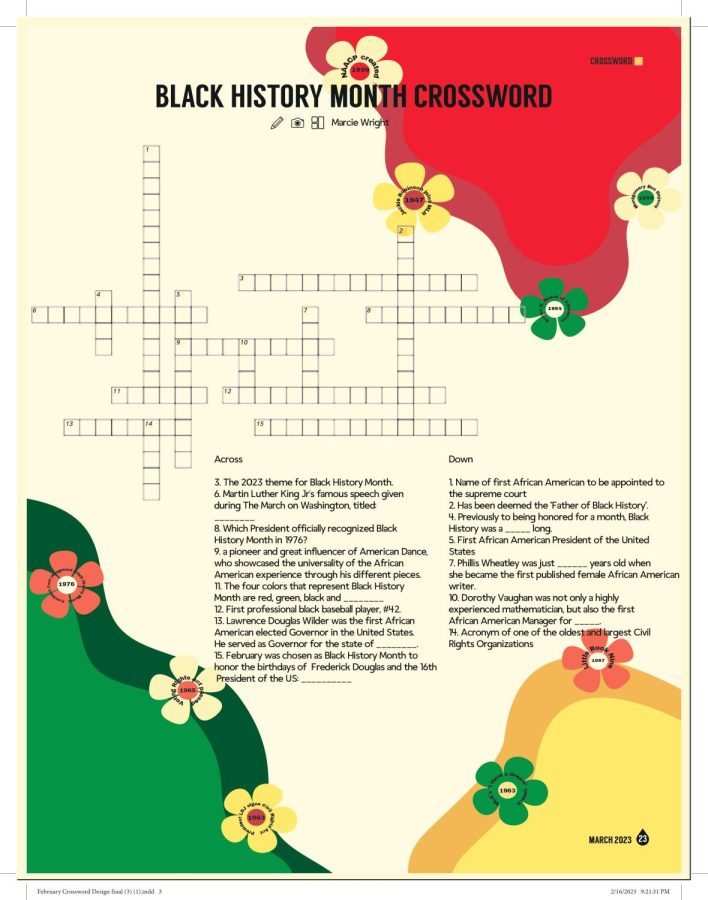“It’s like asking what your favorite child is? … I would say all 10,000-some of them.”
-On choosing of his ‘favorite’ bird.
Junior Nick Minor, known for his active obsession with birds, began his foray into science at the tender age of three: “I just started making up and drawing birds… I always knew I wanted to be a biologist.” This early, seemingly unremarkable tendency would shape the way Minor looks at and is seen by the world.
Despite grade-school struggles (“when you have weird interests in grade school, you get a lot of s—”), Minor adapted much like his avian counterparts. Says Minor, “I realized that my bird thing is what’s the basis of my personality to other people. My reputation. I was always the bird guy. I was always the science guy, and I love it because I don’t have to come up with anything else, you know?”
From there, his passion (and pursuit of that passion) grew. “He sought out like-minded individuals, tapping into and building upon real and virtual social networks, associating himself with novices and experts, seeking examples of excellence,” his father, Ed Minor related. “He is already doing college and professional level work in many ways. His momentum is undeniable, his focus is appropriate, and I have no doubt that his goals are more than feasible. His goals are being actualized… It is the pursuit of knowledge and the sharing of knowledge that puts Nick into position to be a successful young scientist and more importantly, an amazing young man.
At this point, Minor (the younger) authors a regularly updated blog (scienceofbirds.blogspot.com), tweets ornithological observations under the handle @nmbirder14, and has been published by Cornell University’s Young Birder’s Network, the Lake County Audubon Society and the Illinois Ornithological Society. All of this in addition to his work at Ma-Ka-Ja-Wan Scout Reservation and Chicago’s own Field Museum.
His posts and publications are a condensation and simplification of potentially more complex, daunting or dense articles and studies. Minor hopes that by presenting it in a new way, he can interest those people who might not otherwise give ornithology, or birds, for that matter, another thought. In targeting these audiences, he lends more credence to the image of him as a teacher or professor, something he just knows he will do eventually, but, he hopes, only after “[doing] research for 30 years or something.”
His Ma-Ka-Ja-Wan and Field Museum work are both related to education. As an intern in the Birds Division at the museum last summer, Minor was responsible for about 400 dioramas that were created for use in the classroom and other educational ventures. Minor ultimately corrected around 30 of the dioramas’ fact sheets, which, using information from the time of their creation (Minor dates this to “the 1920s-ish”), had fallen out of step with current scientific understanding. His updates to the fact sheets were made primarily with his own personal knowledge (with just the smallest amount of internet accompaniment for clarification).
Ma-Ka-Ja-Wan is a different story: Minor is actually immersed in a teaching environment, explaining to younger Boy Scouts all he knows of birds. His former counselor and current supervisor at the camp, Joe Marshall, laughs when recalling, “I actually taught Nick ‘Bird Studies’… but he really taught the class more than me… his love for it is kind of contagious… he had the whole [Ma-Ka-Ja-Wan] staff into birding.”
That same type of contagion is really the impetus for Minor’s own educational interests. He attributes much of his fascination with learning to his father’s experiences: “By having a dad who’s going through education and learning about what the education process should be and how that best works, it taught me a lot about how to be a really good learner and how to never stop learning.”
According to Mr. Minor, “The timing of my own education ran parallel with, and perhaps added fuel to, his own flame.”
“It’s all time in the field, and it’s passion, and it’s concentration.”
-On what birding really is
Simply put, Minor loves birds. Complexly, though, Minor wishes to incorporate taxonomy, behavior, evolution, and everything else that goes into ethology [what Miriam Webster calls “the scientific and objective study of animal behavior especially under natural conditions”] into a study of his passion so that he can “motivate or inspire people to look more into science.” He elaborates, “I like having a scientific reputation, and the more I can inspire people to look at science differently, or to look at the natural world differently, or to look at themselves differently, it goes back to that thing of trying to inspire people to be the best version of themselves.”
Minor describes himself as “excitable, passionate, excessive, obsessive, exceptional (Oh, wow, I try not to be cocky), cocky, or vain, guy who laughs at everything…” while his friend, mentor and contact at the Field Museum, Josh Engel, describes him as “friendly, outgoing, personable…” Marshall, one of his other mentor/friends, calls him “cheerful and energetic, but also very determined… a perfect blend of the three.”
These disparate, yet intertwined definitions of the same person serve as evidence of one of Minor’s more lauded qualities: his “brain is always going crazy all the time,” he remarks. This frenetic activity lends itself to the life of a teenager who keeps up with his schoolwork (“it’s so hard when you have a heavy school workload, which I do”), reads extensively on ornithology and birds, works in multiple capacities to further already fledgling networking, publishes his own work, manages to go birding and finds time for the normal teen distractions of media, sleep and a social life (“I have other things because I’m working towards a future, and I’m trying to grow myself individually, and I have all of these things I want to do with my time. And being social doesn’t always work into that… but… I’m not, like, that isolated either. I’m a social guy. I like talking with people.”).
This is all part of the master plan, though. The sacrifices and the stress of a full schedule and full potential help Minor to pursue his love of birds with a fervor bordering on obsession.
“That means there’s a sighting.”
-In explanation of his phone’s intermittent ‘chirping’ ringtone
Minor’s participation in the LHS band is, though somewhat underacknowledged for its influence, great ear training for a venture of his that is both
“impossible” and necessary. The differentiation of birds by their calls/songs — a skill that his scientific idol, the deceased ornithologist, Ted Parker possessed — is helped by music because as Minor comments, “I’m so auditory, and that’s an advantage with birds, because sounds are a lot of times more useful in identifying than visual cues… It is an advantage especially if you have a good auditory memory and you can pick out subtleties in sounds. So music does help with that.”
Sometimes, though, even the ability to identify more birds doesn’t help in actually finding them. Minor is disappointed by his lack of “good birds” on his list (a term birders use to define their comprehensive account of species seen). He partially attributes this to a heavy school load that precludes him from spending some of the necessary time, but he puts more weight on the fact that he hasn’t traveled. Minor notes, “I haven’t traveled outside the Midwest ever, except I was born in Oregon – whoops, so it’s hard, but I think snowy owls are up there (They’re erupting this year, so kids might actually have a solid opportunity to see them before the end of this winter.) …”
This typical digression is part of what makes Nick Minor who he is. Every opportunity he can, he works a lesson, whether for his own benefit or the direct benefit of others, into his discussions. “Nick is a very enthusiastic person, and I really like it because a lot of people aren’t so passionate about the things that they like,” says junior Mikaella Faber, a long-time friend of Minor.
His passion manifests itself in these impromptu lessons and in his dogged pursuit of his dreams. Continues Faber, “He’s involved with ‘the birding community,’ he likes to call it. So, I feel like definitely in the future he’ll be still more involved with that, maybe do some research or something for a college, when he’s in college. Or after, in a job, or something, maybe find new species… something like that.”
Faber’s notion of Minor is that of an intellectual explorer, a role that he happily inhabits. Minor may be a student, a teacher, a birder and a band kid, but he is also the fledgling ornithologist that everyone has come to expect and that he (among others) wishes to groom into an accomplished researcher and then teacher. Minor’s aspirations are as grounded as his preferred subjects of study are lofty, and with his combination of energy, aptitude and focus, Minor seems securely on his way to being that ornithologist of note.



